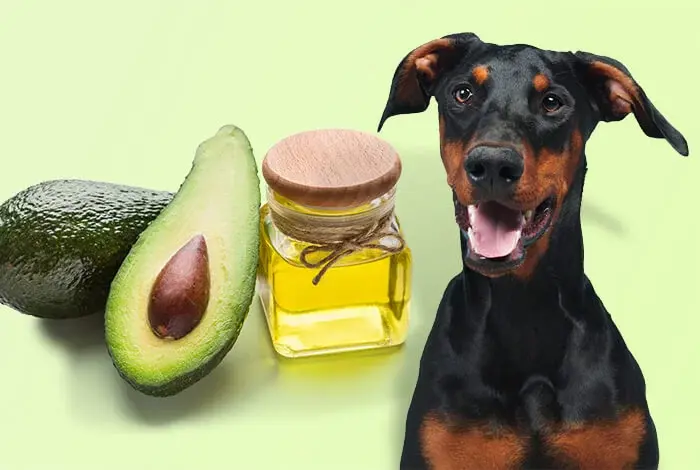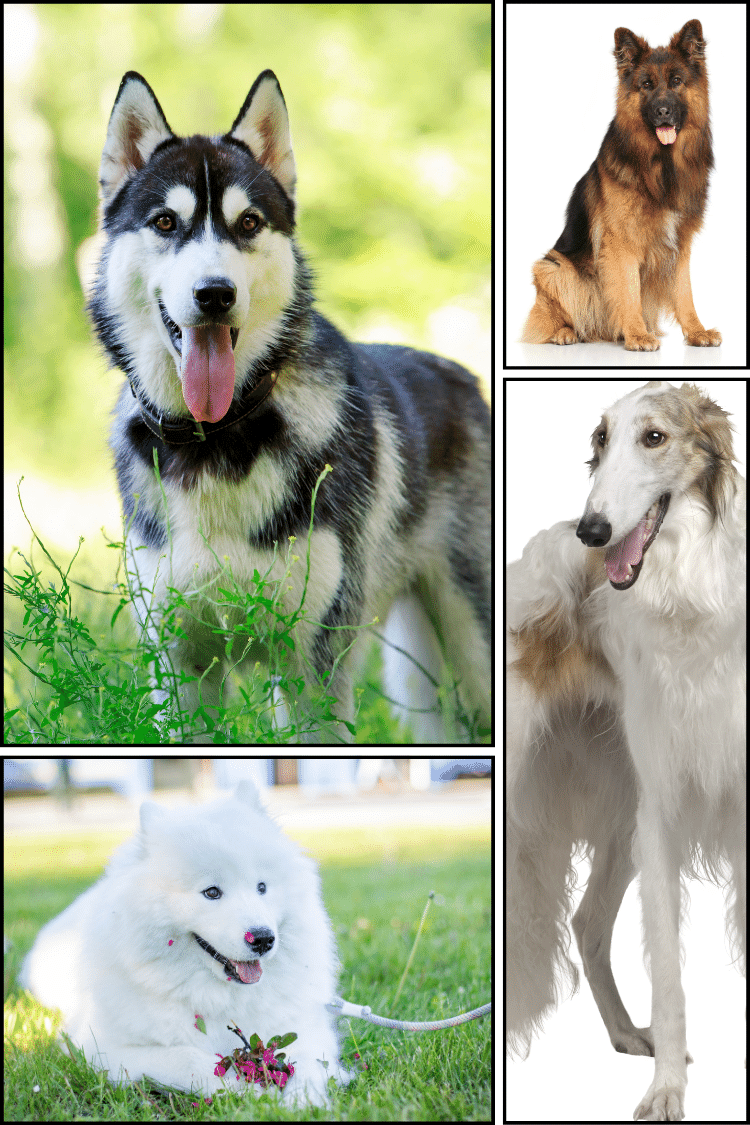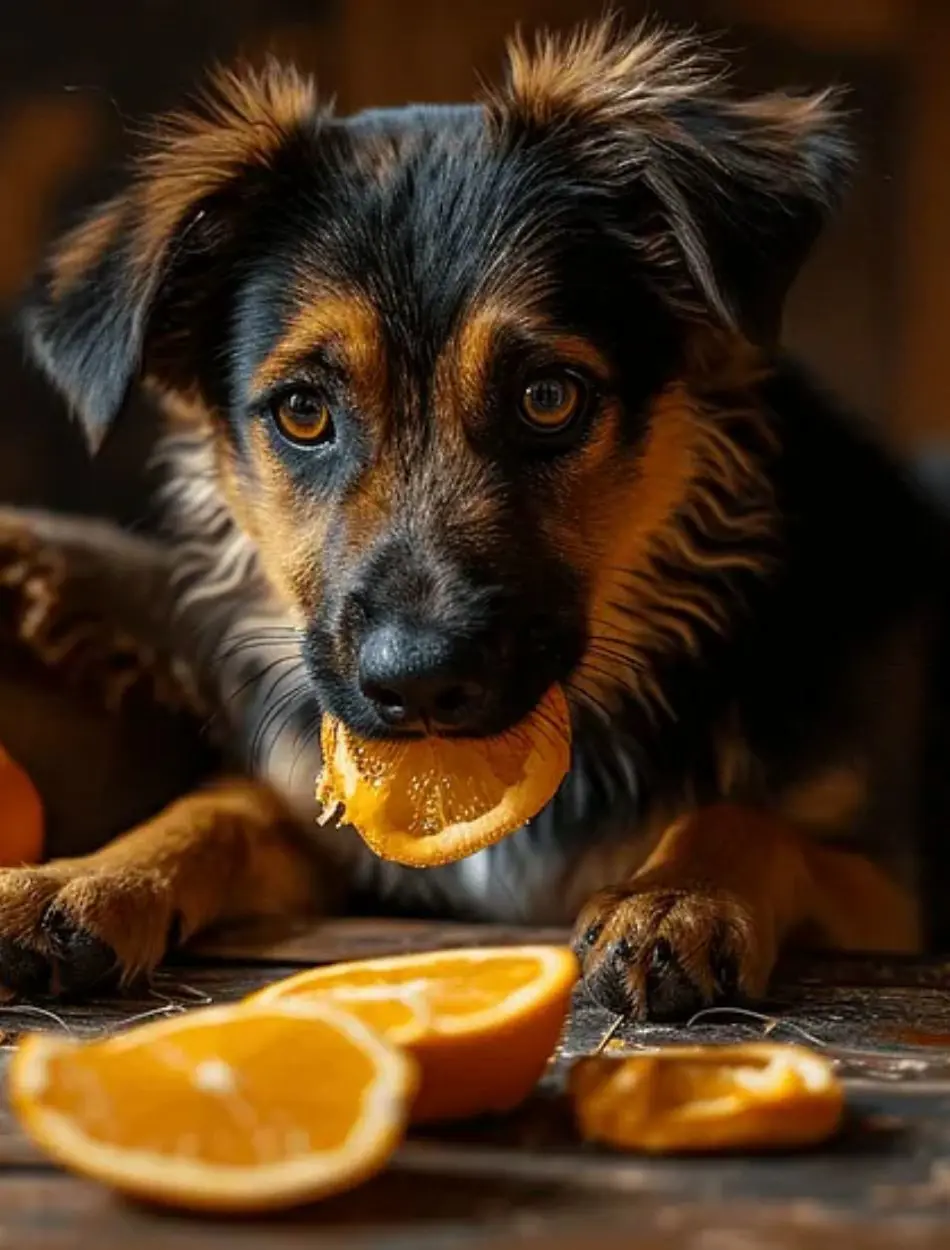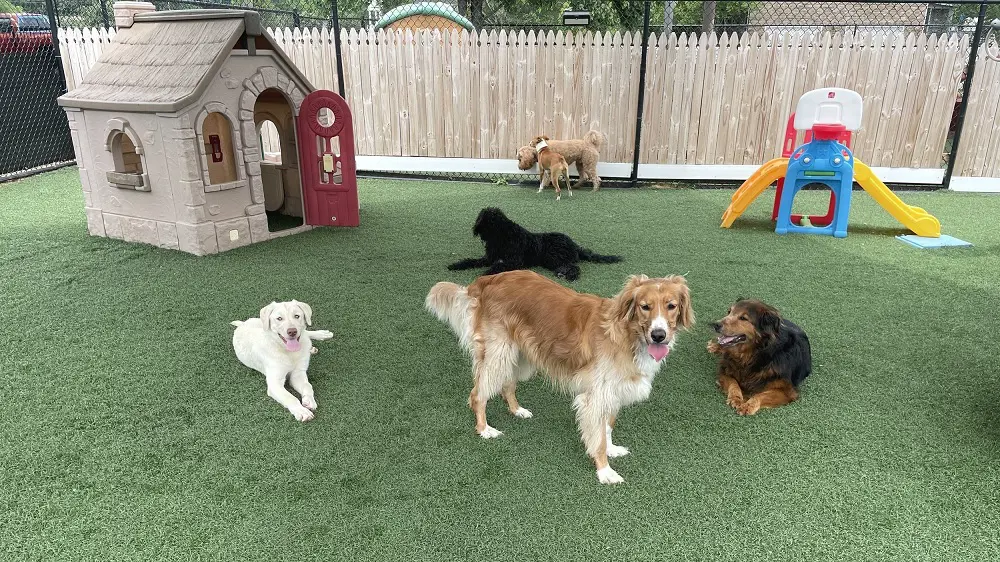What Does Yellow Dog Poop Means
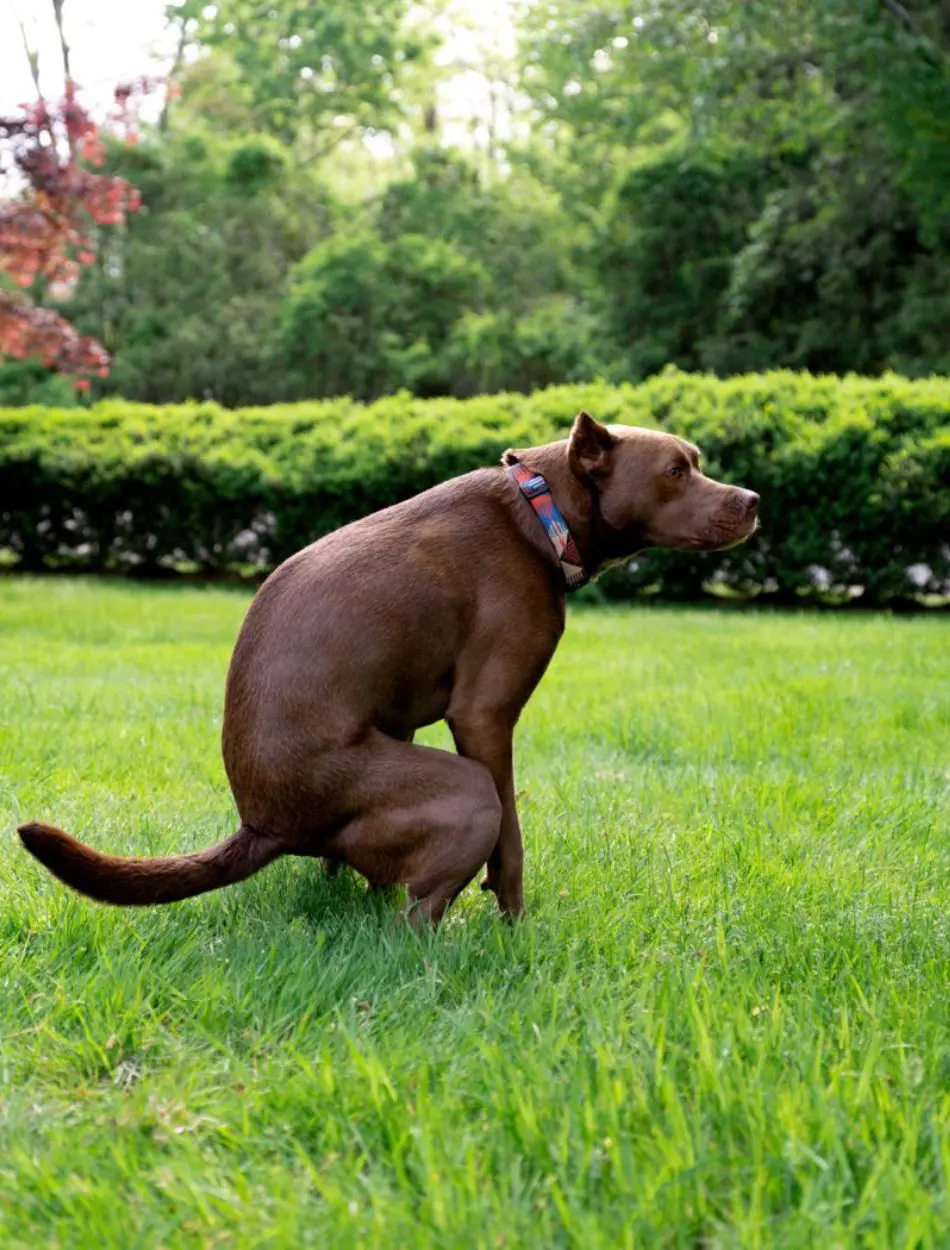
Yellow poop is a cause for alarm for any dog owner, raising red flags that things might be off with your pup's health. What may seem like a minor issue could be very telling through the color of your dog's stool.
Your dog's poop color says much about his digestive system if it is working, and even underlying medical conditions. Knowing what yellow poop means to your dog and when it is time to act will prove most important in the quest to keep your friend healthy, comfortable, and happy.
Common Causes of Yellow Poop Color In Dogs
Yellow poop in dogs can be alarming and often indicate digestive issues or health concerns. Identifying the cause is crucial for effective management and treatment.
Common factors include dietary changes, infections, or digestive disturbances. Observing your dog’s overall condition and consulting a vet if the problem persists is important for maintaining their health.
Dietary Cause
A common cause of yellow dog poop is changes in diet new foods, treats, or even a sudden shift in diet that could alter the color of stool. Some ingredients could just disagree with your dog's digestive system.
In case of a change in diet for your dog, it may take some time for him to align his digestion system according to the change. During that time, yellow-colored feces can result and revert to normal once the body is in sync with the type of diet introduced.
If the yellow poop remains the same, it may mean this diet does not suit them. Additional adjustments should be made to their diet.
Stress
Stress can make a huge difference in the process of digestion in a dog, yellow dog poop after experiencing stress is what it may lead to. Changes in routine, loud noises, or even a change in environment can be a few of the reasons leading to stress.
Stress can malfunction a dog's digestive system, leading to improper color of the stool. Yellow poop due to stress is usually temporary until the stressor goes away or the dog gets used to it.
Helping your dog manage his stress, by keeping routine and the environment calm, may prevent these gastrointestinal upsets. If the yellow stool is present in those situations, then it is severe stress or some other factor is involved.
Environmental Factors
Many reasons might turn poop yellow, and some of those may be toxic ones, changes in routine, and weather conditions extremes so it is important to take notice of such factors. Substances in the environment, such as certain plants or chemicals, usually produce yellow-colored excretion if ingested by a dog.
Just like changes in the environmental conditions may create stress conditions that influence digestion and, finally, the color of the fecal matter. By noting recent changes in the environment or other potential hazards, you may get an idea of what may be causing yellow poop.
Hydration

If a dog is dehydrated, a change in color and characteristics, often yellow in the feces, is created so loose water intake monitoring should be one aspect a dog should be under. Hydration affects the color of your dog's feces.
Dehydration is usually a common thing resulting from an underlying disease, hot weather or not taking enough water. Hydration keeps your dog well through normal digestion and normal-colored feces.
Vaccinations
If yellow stools are visible with suspicion of dehydration, increase your dog's intake of water for your dog and observe the changes. Easy access to fresh water at any time will help prevent dehydration and the associated gastrointestinal problems.
Other times, yellow stool is only a temporary change in the color of the stool as a side effect of certain vaccinations. In most cases, it resolves on its own with time.
Yellow Poop Due To Dog Digestive Issues
Bile is very important in digestion because it supplies normal, brown-colored stools and poor bile absorption has been one cause of yellow stools.
Problems with any part of the liver, gallbladder, or small intestine might be the culprit for this. Yellow-colored feces would either be related to an issue with the production of bile or with the absorption of bile.
Such conditions include disorders in the form of malabsorption or problems with gut flora, accompanying signs may include weight loss or changes in appetite. If the yellow poop persists, digestive issues would have to be considered, and a consultation with a veterinarian is appropriate for any underlying condition to be addressed.
Yellow Dog Poop From Food Intolerance

Yellow dog poop can mean that the food your dog ingests, as a form of intolerance, is clashing with some structures present in the gastrointestinal tract of your pet. This intolerance, in many cases, can necessitate identification and an address for your dog's health in general.
Identifying Food intolerances
Food intolerances, while different from allergies, do upset the gastrointestinal tract of dogs. Ingredients such as grains, some proteins, and additives are all culprits for a yellow-colored stool when not digested well within your dog's system.
Symptoms can manifest as a yellow stool, vomiting, and diarrhea resulting from food intolerance. Intolerances are not reactions by the immune system but rather the inability of the digestive mechanism to handle the ingredient as they are unlike food allergies.
It can be diagnosed through an elimination diet or the help of a veterinarian.
Common Offenders of Food Intolerance
The ingredients that are mostly to blame for food intolerance include grains, soy, dairy, and certain sources of protein. These are difficult to digest by some dogs hence yellow coloration of the stool.
Some dogs have a hard time digesting grain-based foods because it changes the color of their stool. Chicken or beef might turn your dog's stomach and thus create chaos in his digestive system.
Once you know what specifically in the ingredients upsets your dog, then you may manage his diet to prevent yellow-colored stools.
Addressing Food Intolerance
Once these types of food intolerances are identified, diet changes such as these become necessary. The offending ingredient in this can be removed and substituted with one that is more easily digested as a means to help clear up yellow stool.
In such cases, a shift to a hypoallergenic or limited-ingredient diet may be indicated. In these cases, the diet will utilize those ingredients which are easily digested and which cause a minimum of digestive disturbance.
The guidance of a veterinarian can indicate the best dietary adjustment that meets your dog's requirements.
Monitoring and Managing Diet
After changing to this new diet, you must observe the dog for improvement of the stool. If the dog still reveals yellow-colored stools, then some more changes may be required or something else is wrong.
Food intolerance of any kind can be diagnosed by keeping a food diary and monitoring your dog's response to various ingredients.
Dog Treats and Their Effects

The treats also have a potential effect on your dog's digestion and stool color in such a way that from time to time, yellow poop will appear. Most of the available treats include some sort of element that can be hard for your dog to digest, such as artificial colors, preservatives, or high levels of fat.
Such components can cause temporary discoloration within the yellow range. You might also want to pay more attention to your dog's reactions to the many rewards of treats you give them.
If using some of those treats causes yellow feces to be a problem, use fewer of those or switch to other treats that won't upset your dog's stomach as much.
How Protein Affects Poop Color
High-protein diets, especially those featuring specific animal proteins, can sometimes cause yellow poop. This might be due to the indigestibility of the protein source, which is usually by the dog's incomplete digestion leads to yellow-colored poop.
You are better off using easily digestible protein sources that will fit with your dog's condition for proper digestion to keep the normal color of its stool. Diarrhea color can also be controlled by adjusting the amount of protein in your dog's diet.
The Role of Fats In Dog Poop
While healthy fats are important for energy and nutrient absorption, too much of it or poor digestibility within a dog's diet may cause digestive issues in dogs, such as yellow poop. The body may not be able to digest them too well; thus, you will see yellow, greasy stools.
High-quality fats that are easily digestible allow for smooth digestion, whereas low-quality fats or excess can overwhelm the digestive system. This can affect the absorption because the balance has changed, and thus it affects the color of the stool.
Correct quantity and type of fat are very important to provide in your dog's diet for healthy digestion.
Prevention Tips

Preventing yellow dog poop essentially means continuing practices that will keep your dog in the best shape possible and his digestive system running accordingly.
These easy hints that one can always practice will go toward maintaining your dog's digestion in healthy balance and its stool color normal.
Consistent Routine
The best way to prevent yellow stool in a dog is to make sure that it has a routine every day. Dogs are dogs that love routines, and knowing when it's time to walk, play, or even rest offers your dog's digestive system a sense of security.
With a routine, you are guaranteed that the dog is processing food in the body well and reduces its risk for upsets of the digestive system, which may too reduce the chances for yellow stool.
Regular Exercises
This can prevent your dog from having yellow stools since regular exercise will stimulate digestion easily. Physical activity will keep the digestive organs running properly and reduce the chances of abnormalities.
Suitable exercise for your dog, according to breed and energy level, is good not only for general health but also can make your dog pass normally colored feces.
Observation and Adjustment
Checking the consistency and color of your dog's stool regularly will help in offering early notice for changes. If a yellow stool is noticed, one needs to review the latest activity or changes in your dog's routine that may have influenced it.
Simply by making a few minor adjustments on your part, you can prevent small problems from growing bigger and maintain the balance of health in your dog's digestive system.
Identifying Stool Colors

By knowing what the various colors of the stool may indicate, you will be able to act appropriately and undertake any necessary measures that will help secure the health of your dog.
Normal Stool Color
The normal color of dog stool is usually brown and well-formed, this color is due to the digestion process wherein bile and digestive enzymes break down food. Any change from this normal color can indicate everything from health issues to something more serious.
Black or tarry stools indicate internal bleeding in the upper digestive tract, while red or pinkish-colored stools will indicate bleeding within the lower parts of the digestive system.
Regular observation of color and consistency in your dog's stools will help you find those unusual changes that pop up every now and then.
Abnormal Colors and Causes
Other abnormal colors of the stool include yellow, green, and gray. Yellow stool usually indicates that the bile isn't being acted upon long enough of the time, this would be related to digestion or a change in eating habits.
Green can result from grass eaten or other ingested foods, while gray or greasy might result from fat malabsorption. All of these colors may give some indications as to potential digestive disturbances or other conditions.
Frequency and Consistency
Color, consistency, and frequency are the most reliable health indicators of your dog's stool. Diarrhea or loose poop could indicate an upset or infection in your poor pup's digestive system, while very hard-solid poop could indicate dehydration or constipation.
Both color and consistency of the poops of your dog are closely monitored to understand the health status of his stomach and observe variations.
When to go to a Veterinarian
If it is constant then it can be considered as something is not right, and if you have found yellow poop for more than one or two days, then it's time to consult your veterinarian.
The veterinarian may do a few tests just to identify what exactly the cause of yellow poop is. Blood work, stool samples, or imaging studies may be ordered.
Early intervention can prevent worse health issues if you find that your dog's stool color is not returning to normal. You have no reason not to consult a professional for advice.
Top Lists

